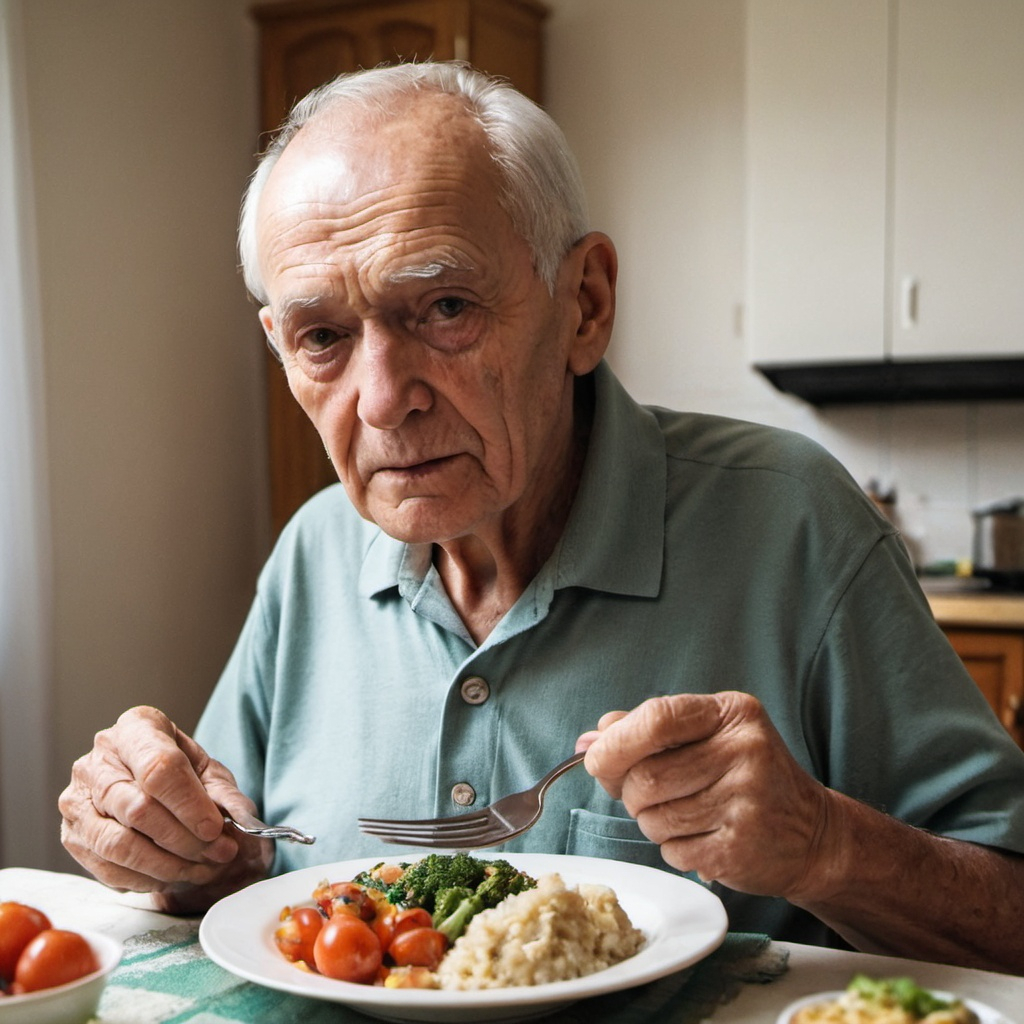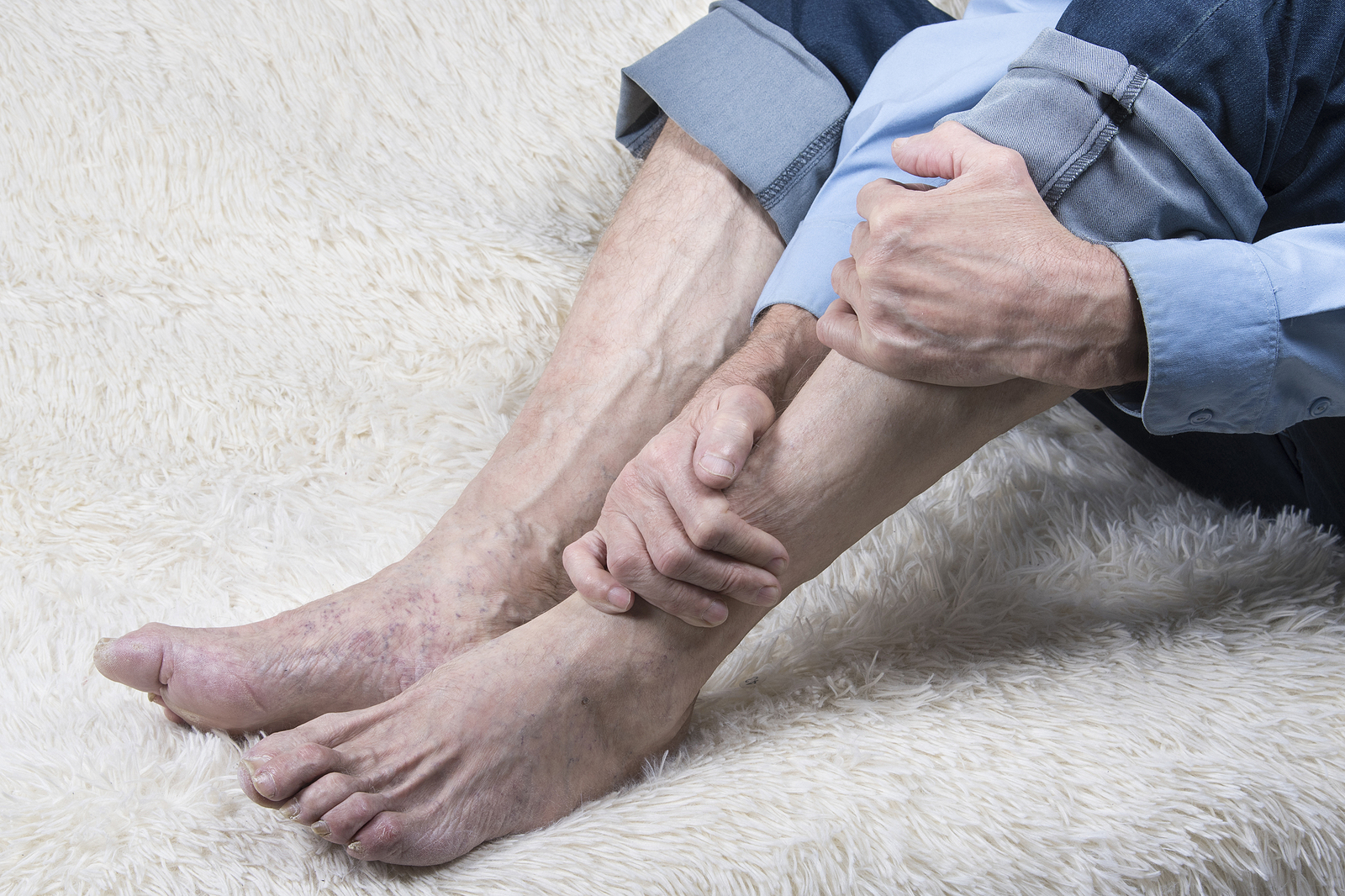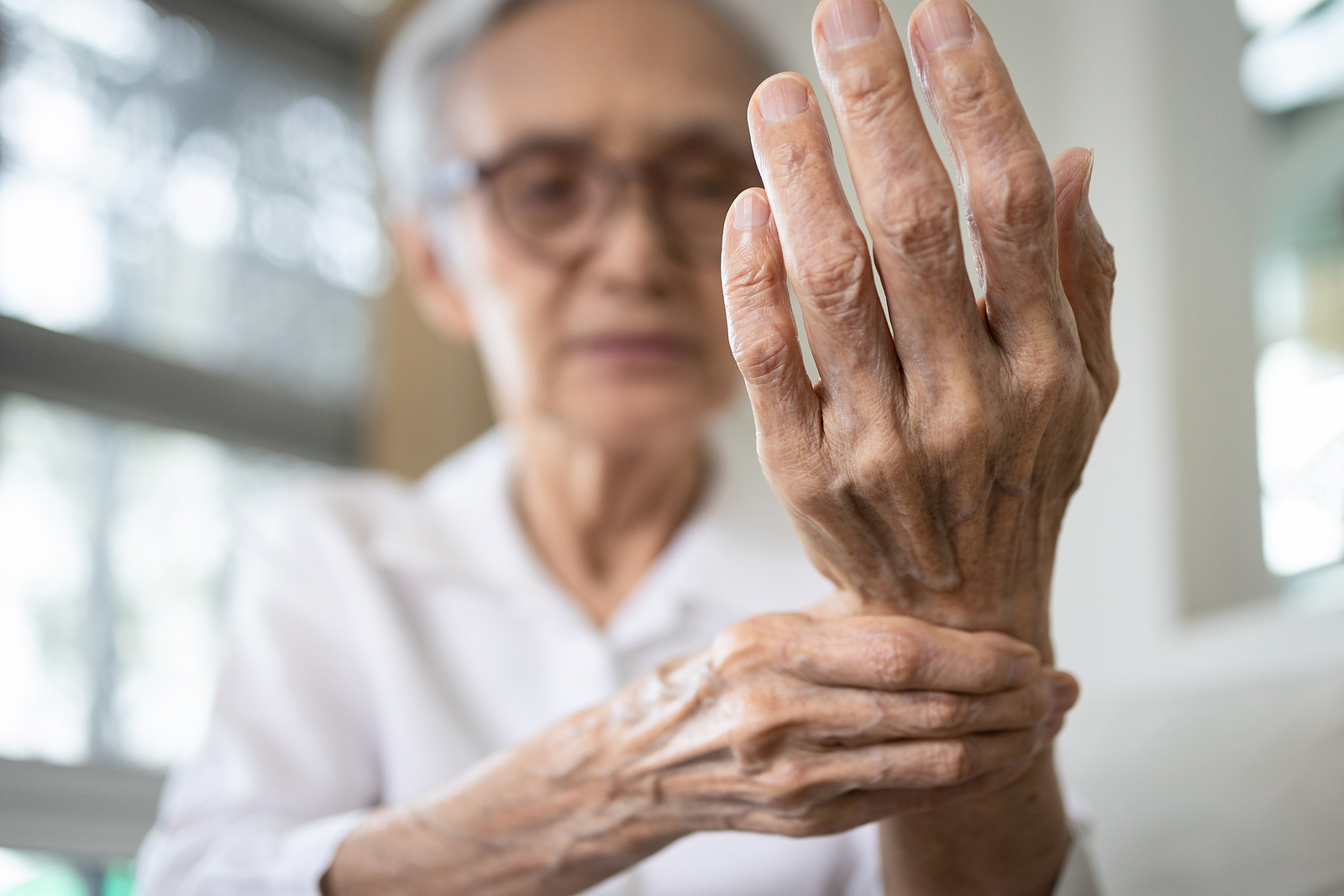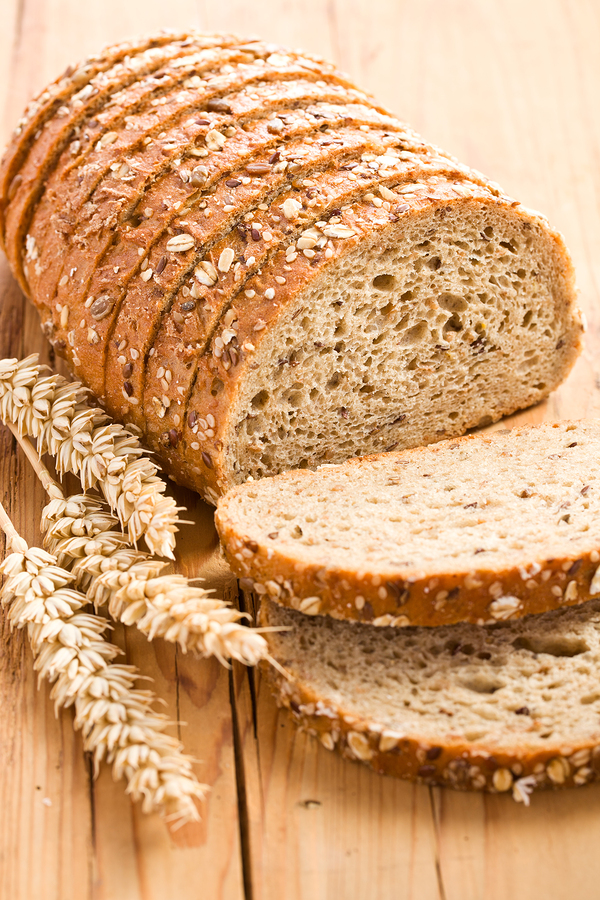
March Newsletter 2025
Patient Safety Month: Essential Care Checklist for Seniors – Daily Living &

Patient Safety Month: Essential Care Checklist for Seniors – Daily Living &
10 Ways to Help Seniors Feel Loved This Valentine’s Day Valentine’s

Healthy Eating for a Strong Start Good nutrition fuels the body

The Benefits of Montessori for Dementia Care Caring for individuals with

Caregiving is an act of love, dedication, and compassion. Whether caring

Alzheimer’s care supports families by assisting loved ones with eating and monitoring health, ensuring dignity and nutrition as the disease progresses.

Senior home care can ensure seniors receive regular dental checkups, aiding those who find it hard to visit the dentist, especially if they’ve missed appointments.

Companion care at home can assist seniors in creating a bird-friendly yard, offering relaxation, mental health benefits, and enjoyment of nature year-round.

Seniors experience significant foot changes as they age, highlighting the need for home care providers to support mobility and educate on maintaining foot health.

Over a million seniors with rheumatoid arthritis (RA) may require personal care at home to assist with daily activities and maintain independence in their homes.

Help your loved one lower cholesterol by incorporating heart-healthy foods and consider home care assistance for meal preparation and support.

Choosing the right companion care at home provider is crucial for your loved ones’ well-being, offering both physical and emotional support.